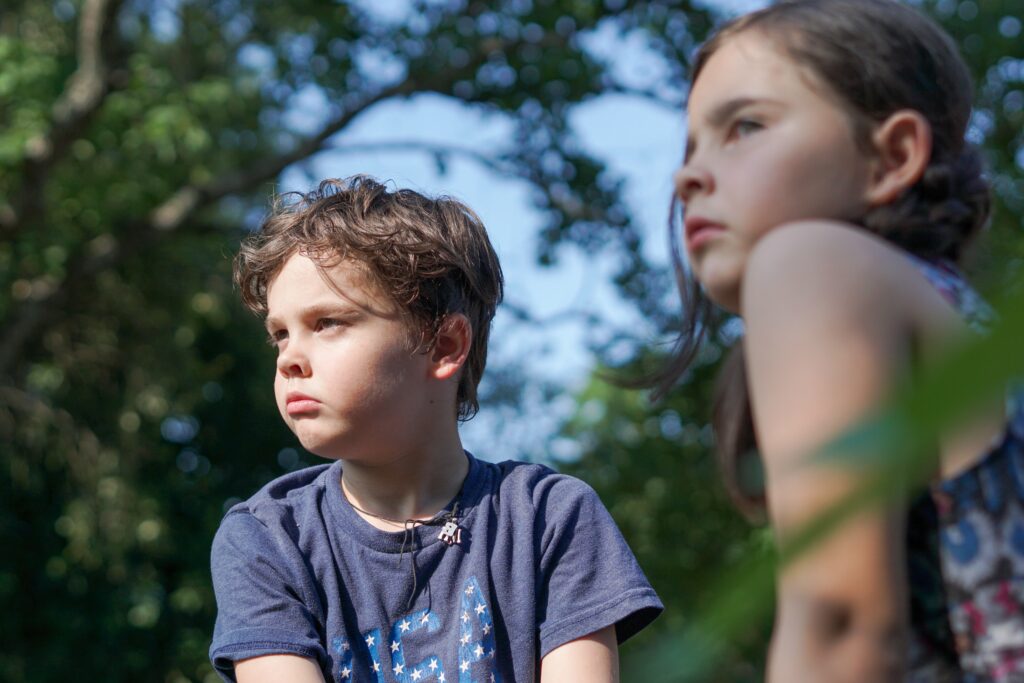As sad as it is, it may actually feel like your autistic child hates you at times. In this article we explore why it may seem this way and provide some hope.
My autistic child hates me
This is sadly a common feeling for a lot of parents. It can seem like no matter how hard you try or how well you care for your autistic child they still shun you.
It may also feel like it is impossible to bond with them for various reasons.
What is important for all parents facing these difficulties is to remember quite how complex autism is. It can completely change the way a child can view and interact with the world.
So their behaviour is a result of their autism, not of their lack of love for you.
Whilst we would never be able to instantly fix these feelings you are having we have jotted some things to consider.

Understand your child’s condition
As mentioned above, ASD intrinsically affects the way a child understands and interacts with the world around them.
Kids with autism may struggle with concepts of empathy, compassion and sympathy.
Once you truly understand your child’s condition you will realise that their behaviour is not a personal attack on you.
Seek professional help
Although not always an option to people you could always consider getting professional help. A therapist or specialist in Autism may be able to help you understand the condition and make inroads into your child’s behaviour.
An expert can also provide guidance on how to support your child’s development which could lead to an improved relationship.
Build a routine
It goes without saying that a lot of autistic children embrace and find comfort in routines.
If you set about establishing set routines and schedules, this can help your child feel secure and improve their behaviour.
A routine could also help build a sense of trust between you both and make large strides to improving your relationship.
Incorporate praise
Praising and rewarding positive behaviour can help your child feel valued and loved.
Whilst it would never have been your intention it is likely that your child may have experienced a fair degree of focus on negative behaviour.
Instead really make an effort to catch your child doing something positive.
When you do so you can reward them with praise, a small gift, or some food which they like.
This association of positivity overtime may go a long way to improving your relationship.
Embrace alternative forms of communication
Autistic children may struggle with verbal communication, but nonverbal communication can be just as effective.
There are many ways in which you can experiment with non verbal communication, including with picture cards or sign language.
Frustration may well be a large factor in your child’s behaviour so if you can teach them even basic non verbal communication it can be life changing.
Find people in a similar position
At times it can feel that life is so easy and rewarding for other parents. The reality is however that there are thousands of mums and dads who are in exactly the same position as yourself.
Joining a support group can provide a safe and supportive environment. You will be able to connect with other parents who are going through similar experiences.
This can help reduce feelings of isolation and provide valuable insights and strategies for managing challenging behaviours.
Take care of yourself
Caring for a child with autism can be physically and emotionally exhausting.
Sometimes we as parents can forget to look after ourselves whilst we are in the midst of dealing with a challenging child.
You should try and find ways to have fun and express joy in whichever endeavours are appropriate.
Try to ensure you are getting a good night’s sleep and try to find time for exercise if you can.
Summary – My autistic child hates me
Parenting an autistic child can be challenging, especially when you feel that your child hates you.
It’s important to remember that this is not a reflection of your parenting skills or how much your child loves you.
Once you fully understand the condition and accept the fact that their behaviour is solely as a result of that it can make sense.
Try not to compare your child to others (easier said than done) and work on or try alternative forms of communication.

